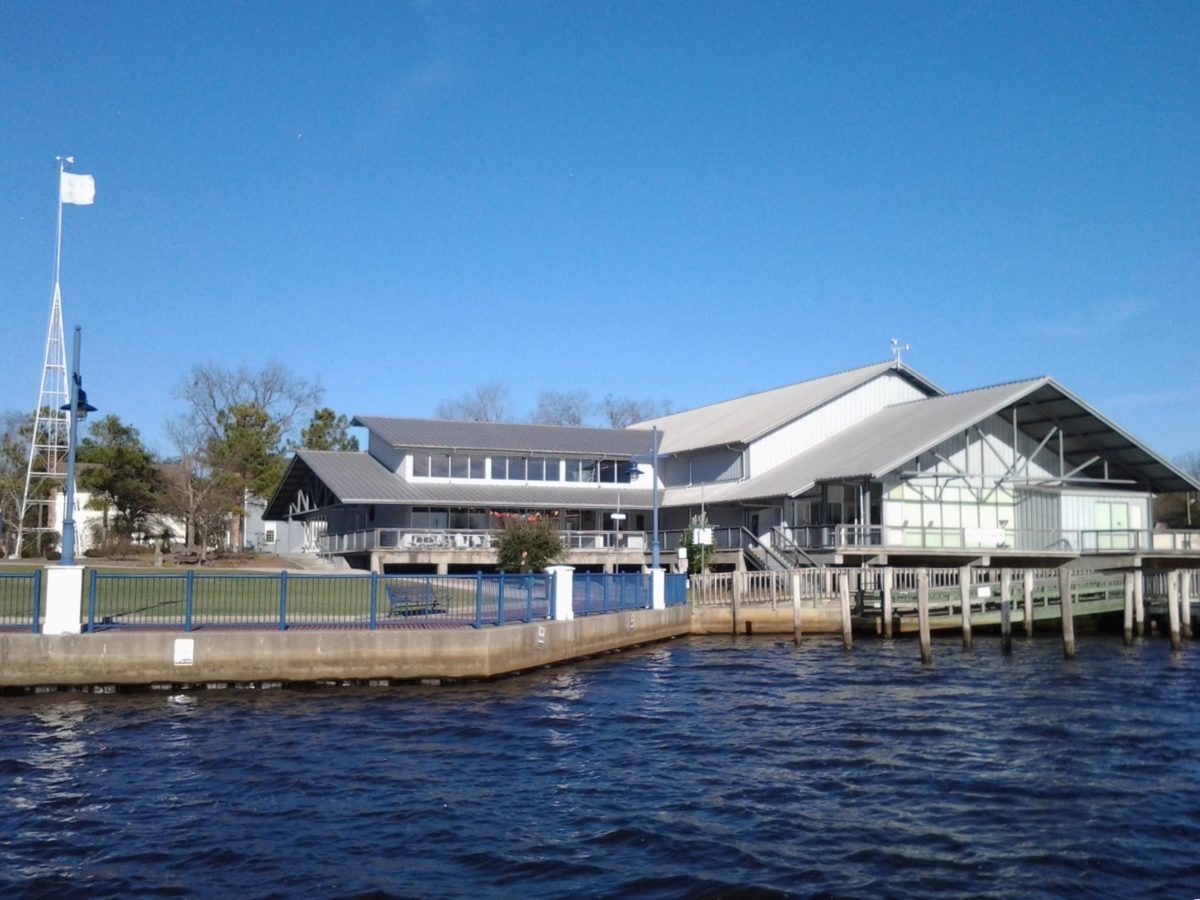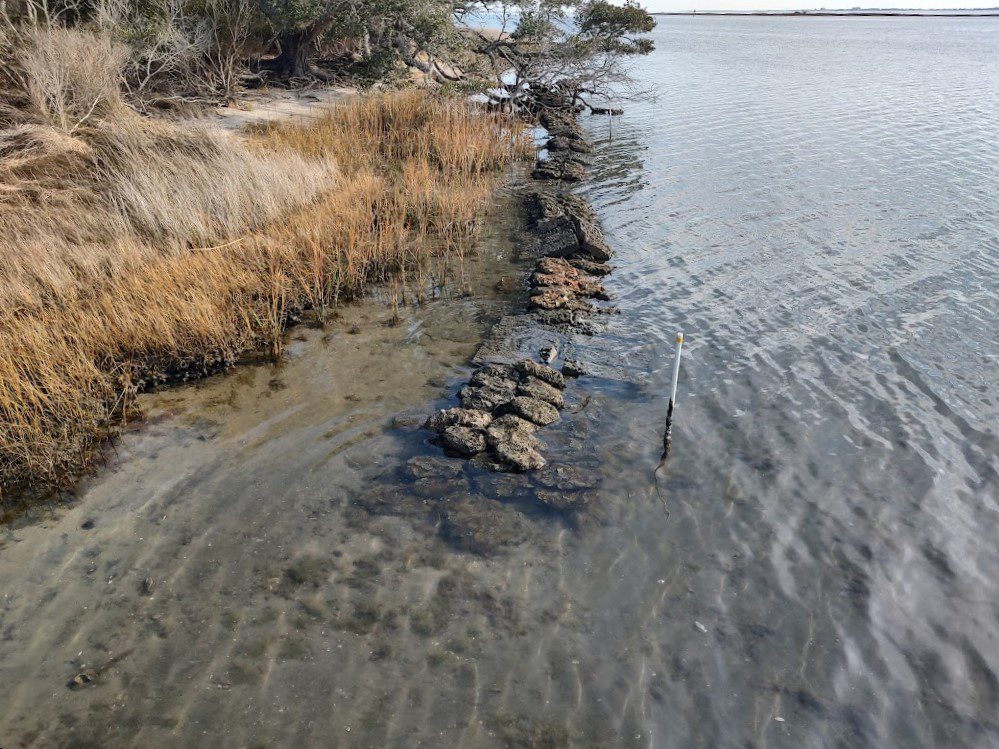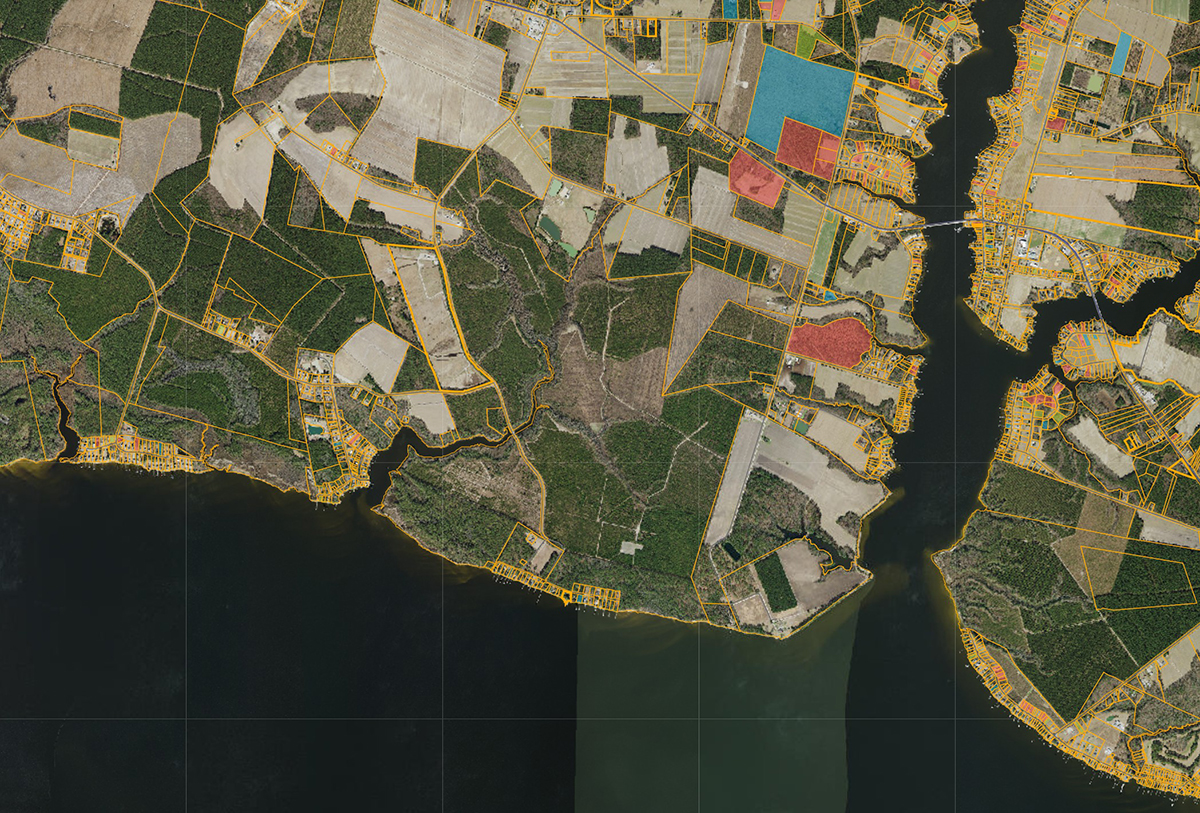
WASHINGTON WATERFRONT– A nonprofit environmental education center perched on the Pamlico River is set to undergo a major transformation.
A Partnership for the Sounds facility that focuses on estuaries and coastal rivers, plans are in motion to expand the North Carolina Estuarium’s reach through a new Seafood School.
Supporter Spotlight
“The Seafood School is designed to educate and entertain visitors of all ages. There is a deep heritage in eastern North Carolina of both enjoying and providing seafood, and we will work with everyone who wants to share in that,” Estuarium Director Tom Stroud explained to Coastal Review.
The Seafood School is to feature new exhibits highlighting the estuary’s role as a nursery for marine life and will have an educational kitchen where programs for the public on cooking and preparation of key species can take place.
“Our goal is to use seafood — or ‘soundfood’ — to create a full circle of appreciation for healthy estuaries,” Stroud said in a release. “For many people the closest connection they have with estuaries is eating things that come from them – oysters, blue crabs, shrimp, fish. That’s great, but there is a through-line between enjoying a fried oyster and the condition of the ecosystem it came from. The Seafood School will link the health of the estuary, the effort it takes for harvest, and the process of creating a great seafood meal in a single space.”
Currently, the 12,500 square-foot center features more than 200 exhibits that describe estuaries and coastal rivers, including aquariums with crabs and other estuarine life, art, interactive displays, artifacts from life on the Pamlico River, explorations of hurricanes and sea level rise, Pamlico River boat tours, and special programs on natural and cultural heritage, according to its website.
Stroud said in an interview that the renovation is “significant” and “will fully transform our existing classroom space, update current exhibitry, and provide incredible access to the Pamlico River as well.”
Supporter Spotlight
Preliminary work on the buildout will begin by June, and the Seafood School is expected to be in operation by early 2025.
The space where the Seafood School will be located is not in the main part of the exhibit hall, “so we’re hoping the renovations will have a minimal impact on our regular operation,” Stroud said, adding he believes programming will increase.

The Seafood School was inspired by the state’s efforts to restore oyster habitats because of the ecosystem benefits and the economic boost to coastal communities, and folds in other key fisheries to expand the view of why estuaries need to be sustained and protected, the announcement states.
The Estuarium evolved from the Albemarle-Pamlico Estuarine Study in the early 1990s, and since then, the goal has been to promote awareness and stewardship of the Albemarle-Pamlico, and that won’t change, Stroud said in the announcement. “But it’s time to engage new generations in new ways. We feel like the Seafood School is an approach that will elevate our message and make us uniquely identifiable among science education facilities.”
Stroud expounded in the interview that the Seafood School will have two main learning attractions: the educational exhibits and a Cooking Classroom.
The classroom, or kitchen, will be the most noticeable new piece, Stroud said, and will allow for all types of cooking programs including steaming, baking, frying for groups of up to 16 people. The space also is going to be available as a rental venue for groups of 20 to 30 people “who want to socialize in a beautiful spot right on the Pamlico River,” he said.
“We envision having noted local chefs — and hopefully some from farther away — lead programs on how to prepare all types of seafood caught in North Carolina’s estuaries,” Stroud said.
Next to the kitchen will be exhibits that highlight the water quality needs of these species, and look at how different seafoods are harvested in state waters, especially from sustainable methods.
“The exhibit piece will look like a classic waterfront seafood shop along an estuarine shoreline in eastern N.C.,” Stroud said.
A planning grant from Nutrien, the Canadian fertilizer company in Saskatchewan, helped fund the Seafood School’s planning.
“We approached Nutrien with the basic concept in fall of 2022,” Stroud said. The funding allowed the creative consultant, Harbor Peoples, to work for about six months with chefs, watermen, building inspectors, exhibit designers, kitchen suppliers and an architect on design concepts and flesh out a definitive plan before going for bigger funding.
“We started with the idea that the exhibit and kitchen would focus specifically on oysters, but as we met with people and thought it through, we felt the story would be stronger if we expanded to include other key species from the estuary to tell a broader story of the ecosystem, which is indeed the mission of the Estuarium,” Stroud said.
The Estuarium was awarded a $250,000 grant in this year’s budget that will cover about half of the estimated cost.

In the release, Stroud expressed the center’s gratitude to Nutrien for their support on the planning grant and to Rep. Keith Kidwell, R-Beaufort, and also representing Dare, Hyde and Pamlico counties, for help with the state grant, “but we’ll need additional funding to fully achieve our goals. We look forward to sharing our vision with donors so they can have an opportunity to be part of the Estuarium’s programming evolution and show their support for keeping the Albemarle-Pamlico estuary healthy.”
Kidwell, of Chocowinity, told Coastal Review on Wednesday that he supports the Seafood School because the fishing industry is a large driver of the economy in Eastern North Carolina.
“For many years, the fishing industry has been in decline. The Seafood School will help to shine a spotlight on the importance of fishing and seafood and relates directly to North Carolina’s efforts to expand oyster fishing and fishing in general. When correctly managed, seafood is an excellent source of sustainable protein,” Kidwell said in an email. “The coastal waters in NC are a natural resource that provides some of the world’s best oysters and fin fish. Let’s do our best to manage and support the fishing industry.”
The plan is to initiate a major fundraising campaign soon, “but anyone interested in supporting us now can contact me at tmstroud@embarqmail.com and I can provide information,” Stroud said.







